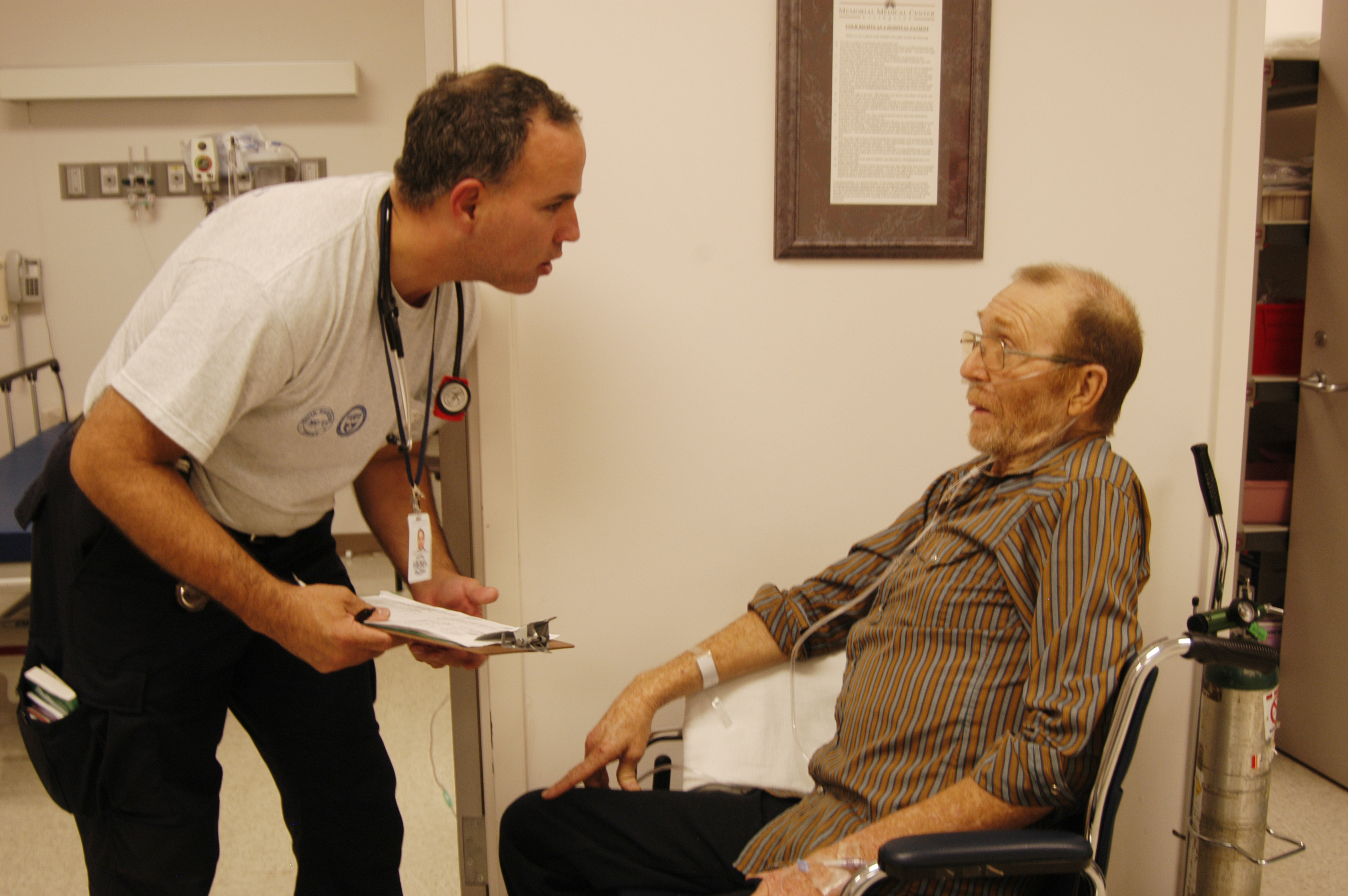 |
| Welcome to your medical home! |
"Blue Cross Blue Shield of Michigan saved an estimated $155 million in preventative claim costs over the first three years of its Patient Centered Medical Home program, based on calculations made from an analysis published this month in the Health Services Research Journal".
According to the Blue Cross Blue Shield of Michigan web site:
"'Blue Cross’ Patient-Centered Medical Home is transforming health care delivery, saving millions of dollars and improving lives,' said Daniel J. Loepp, president and CEO of Blue Cross Blue Shield of Michigan."
HIT Consultant's insightful coverage of healthcare innovation said:
"According to the analysis, 'Partial and Incremental PCMH Practice Transformation: Implications for Quality and Costs,' researchers found that its Patient Centered Medical Home model, when fully implemented, resulted in:
- 3.5 percent higher quality measure
- 5.1 percent higher preventive care measure
- $26.37 lower per member per month medical cost for adults"
What did the sleuthful DMCB find?
Contrary to flattering press releases quoted above, the Blue Cross Blue Shield of Michigan did NOT conclusively save any money. The observed savings of $26.37 PMPM failed to achieve statistical significance and could have been the result of normal random variation that naturally occurs in the flow of claims payments.
The DMCB explains.
Physicians participating in the Blue Cross Blue Shield of Michigan Physician Group Incentive Program (PGIP) were in two payment tiers: 1) "partial reimbursement" for self-reported PCMH implementation and 2) 10% "fee enhancements" for self-reported "significant" PCMH implementation. As the DMCB understands it, 65% of all the PCPs in Michigan participated in the self-reporting in both June 2009 and June 2010. These docs cared for approximately 1.5 million Blue Cross Blue Shield patients.
During the course of self reporting, docs had to attest to the presence of PCMH capabilities, including use of a registry, obtaining performance measures, care management capabilities, patient self-management support, 24-7 patient access, test tracking and follow-up, e-prescribing, a web portal, specialty referral guidelines, preventive services and linkages to community services. Various domains within each of the capabilities were assigned a weight that was rolled into an overall score: the higher the score, the "more" the PCMH.
The researchers examined the claims history for the patients cared for at a total of 1,787 practices that were in the PGIP, had a minimum number of BCBS enrollees, had no missing data and were not quality outliers. Their median enrollment was 303 members and a mean per member per month (PMPM) claims expense of $311.
Compared to practices that never achieved any PCMH capabilities, the PMPM for practices that attained "full" (i.e. significant) PCMH implementation was, compared to practices that never achieved any PCMH implementation, $26.37 lower for adults.
The p value for the $26.37 quoted on page 15 of the manuscript equaled 0.0529.
Because the p value is greater than .05, it doesn't reject the null hypothesis and fails to meet the conventionally accepted threshold among health services researchers that the difference is real and not the result of randomness.
For children, the PCMH was associated with a $7.45 increase in costs. That likewise failed to achieve statistical significance (p = .096).
No where in the manuscript do the authors claim there were "155 million" in savings. The DMCB suspects the authors of the press releases extrapolated the statistically non-significant figure of $26.37 to a population count. Garbage in, garbage out.
The DMCB take:
1. Its highly likely that BCBS of Michigan has additional actuarial figures that support the cost effectiveness of the PCMH. BCBS of Michigan also put its numbers into the public domain. It's also likely that that PGIP and the PCMH represents an important opportunity to build and collaborate with a vibrant primary care network, which ultimately transcends any monetary savings. Kudos at many levels to BCBS of Michigan, says the DMCB, despite an over-generous misinterpretation of published health services research.
2. While the DMCB did not report on the quality measures that were concurrently reported in this HSR study, it also appears statistically significant quality of care gains were made. That means there were increases in quality with no increase in cost. That's good news and, thinks the DMCB, a more honest appraisal of the outcomes.
3. Unfortunately, BCBS of Michigan did not report the "net savings." As noted above, providers were paid to implement the PCMH, which represents an additional and "hidden" PCMH cost. Assuming the $155 million in reduced claims expense is real, it would have to be contrasted with the millions in additional fees that were paid to the doctors.












No comments:
Post a Comment